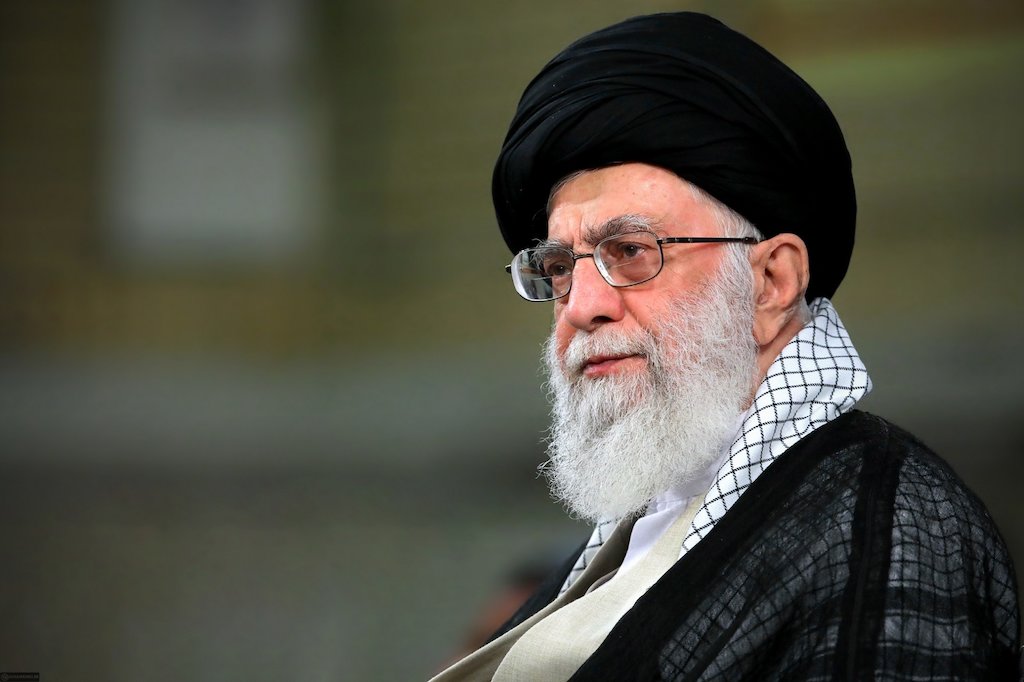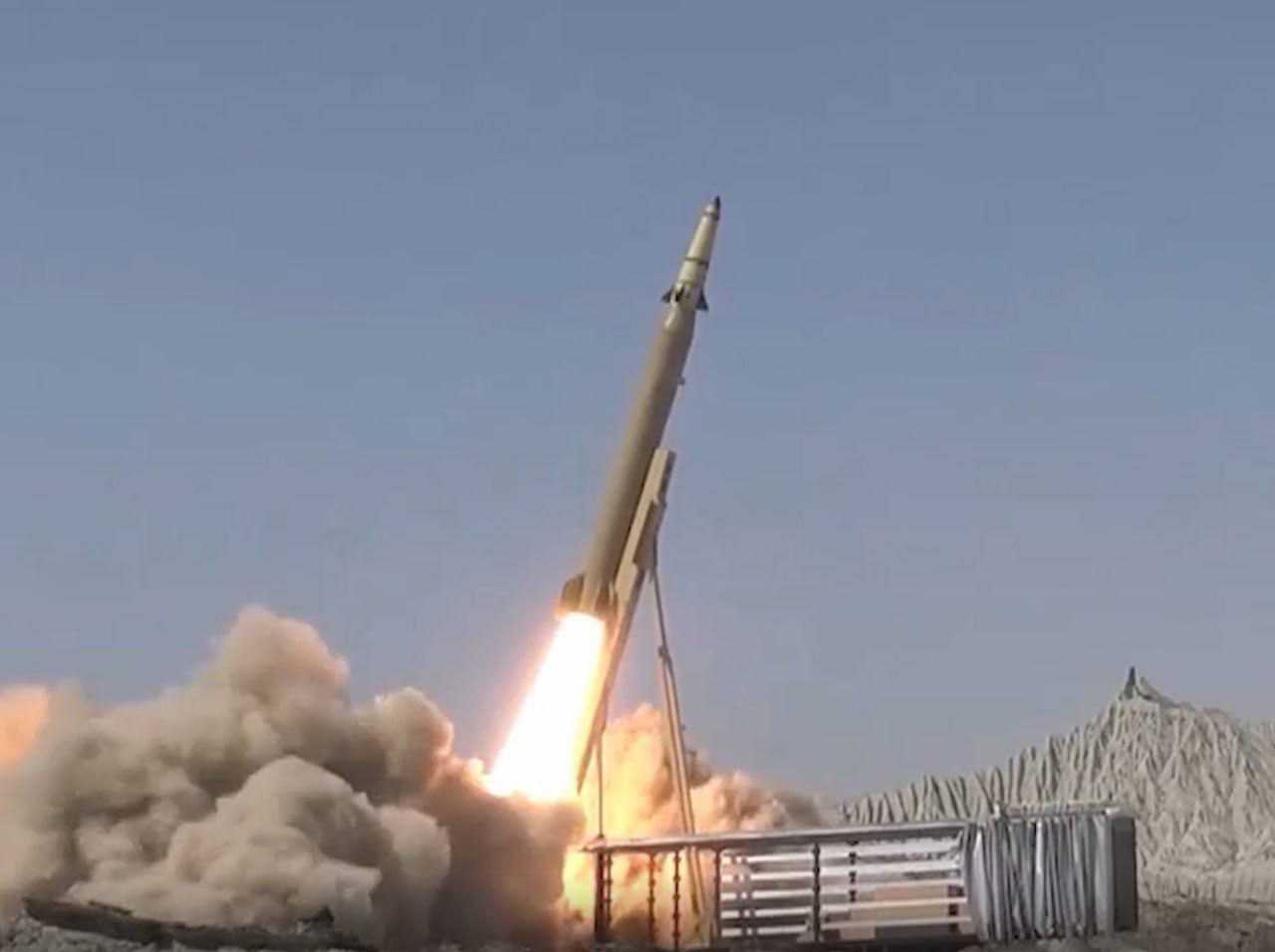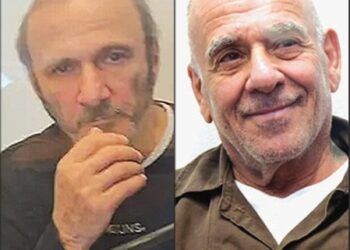May 12, 2023

As demands grow for a referendum on the government, Supreme Leader Ali Khamenehi has totally rejected the idea, saying many Iranians just aren’t smart enough to vote intelligently.
He also said that other countries don’t hold referendums, seemingly forgetting the famous Brexit referendum in Britain or the numerous referendums held every year in Switzerland or the referendum in Scotland on remaining part of Britain. There is no referendum procedure in the US federal system, but 23 states, almost all west of the Mississippi, provide for referendums on policy issues, and others provide for public votes on Constitutional amendments and/or local bond issues. Over the last three decades, Californians faced an average of 17 ballot referendums each election year.
More importantly, Iran’s own Constitution provides for public referendums, which have been held three times under the current regime—in 1979 to abolish the monarchy and create an Islamic Republic, in 1979 to approve the current Constitution and in 1989 to amend the Constitution.
But in a speech April 18, Khamenehi trashed the idea. He said, “Is it possible to hold referendums on various issues in the country? Where in the world do they do this? Do all the people who have to participate in the referendum have the ability to analyze that issue?”
He complained, “For any single issue, the country would be engaged in debate and arguments and polarization for six months.”
But the most relevant answer to Khamenehi’s question, “Where in the world is this done?” is that it is done in Iran. He seemed to have completely forgotten that Iran’s Constitution endorses referendums. Article 59 states: “In extremely important economic, social and cultural matters, the functions of the legislature may be executed through direct recourse to popular vote through a referendum. Any request for such direct recourse to public opinion must be approved by two-thirds of the members of the Majlis.”
Furthermore, many have pointed out that Khamenehi has contradicted himself by condemning referendums. For almost a quarter of a century, Khamenehi has insisted that a referendum be held in Israel—with all Israeli Jews eligible to vote and all Palestinians, regardless of where they live in the world—on the type of state to be adopted there. Khamenehi once called referendums “a modern and advanced method accepted by all.”
Khamenehi was interrupted during the speech. He gave the speech to a group of students who had presumably been cleared as regime loyalists. But at one point in the speech, a young man stood up and shouted at him, demanding regime “transparency.” Then more people shouted. Eventually, most of the crowd was on its feet shouting and Khamenehi appeared flustered. He spoke louder in an effort to drown out the students. Finally, he gave up and left.
Khamenehi’s speech condemning referendums appeared to be a response to former President Hassan Rohani’s repeated calls in recent weeks for referendums on the country’s core issues of “foreign policy, domestic policy and the economy.”
Back in February, former Prime Minister Mir-Hossain Musavi called for a referendum on the continuation of the Islamic Republic, with a Constitutional Convention to be set up if the Islamic Republic did not win a majority. Rohani did not call for a referendum on such a fundamental issue. Khamenehi has ignored Musavi but seemingly sees a bigger threat in Rohani’s calls for votes on such issues that have been mentioned in public as ending mandatory hejab, resuming relations with the United States, and banning the regime from owning businesses.
A surprising number of people, mostly Reformists, came out publicly to endorse Musavi’s call. Even more people, including many moderate conservatives, have publicly spoken out to support Rohani’s call.
It isn’t just Khamenehi opposing the referendum call. The Pasdaran have launched what appears to be a campaign against Rohani. That risks antagonizing Rohani and alienating him even further from the regime. Rohani appears to be trying to put together a slate of candidates to run in next spring’s Majlis election, though an aide has denied stories saying that Rohani himself would run for a Majlis seat.
Majlis Speaker Moham-mad-Baqer Qalibaf may be a significant voice on this. While he has always stood distant from Rohani, Qalibaf has been the major voice in recent weeks demanding that the government withdraw from the economy and forbid state-ownership of commercial entities. That isn’t likely to happen with the Pasdaran being a key owner of businesses and a referendum may be the best route for Qalibaf to get what he wants.

























